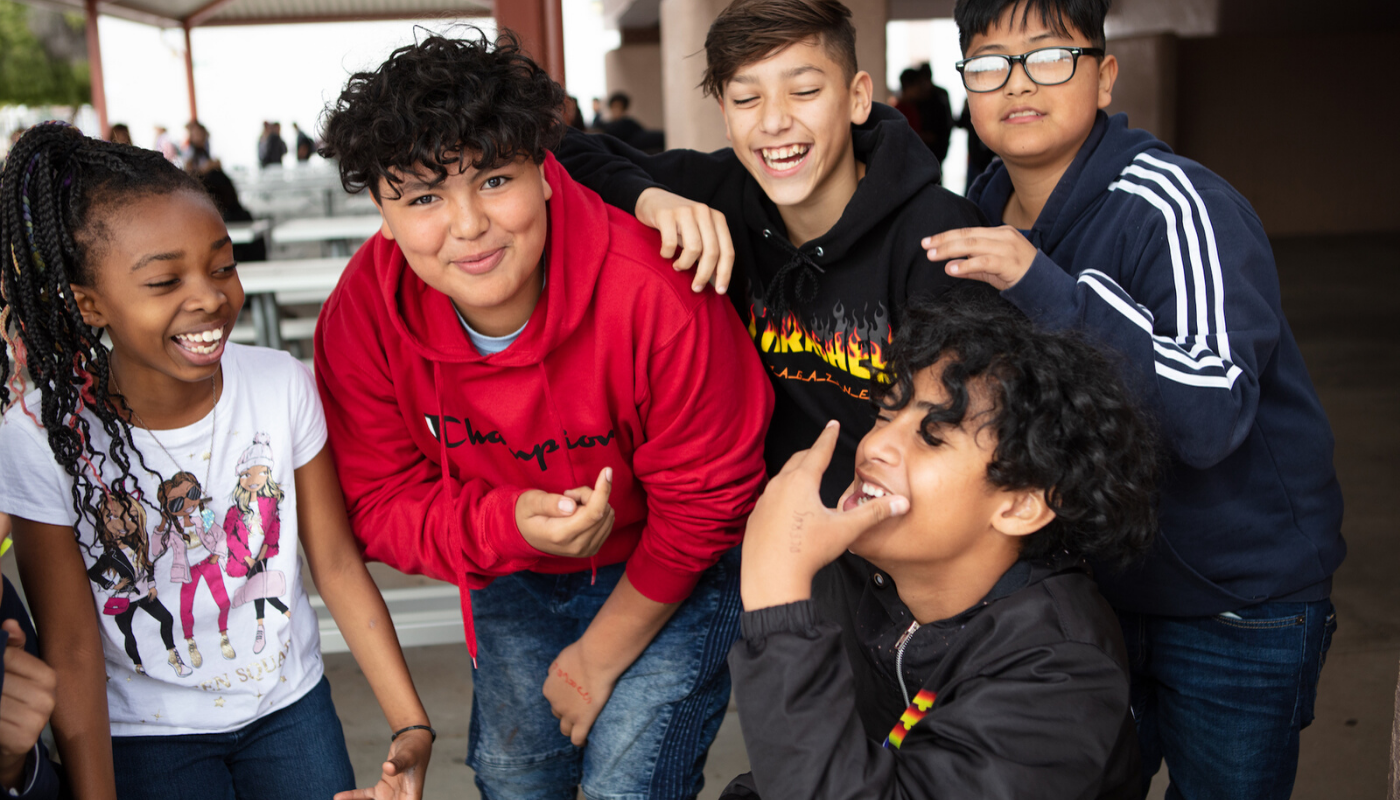
The voices of uprising against racism and police brutality have been reverberating across the country for weeks. As both adults and children process these developments and seek ways to create change, educators look for opportunities to bring the conversation into their classrooms. Yet what may be new or uncomfortable dialogues for some students is the normal for others. What some students see captured on cellphone footage others have lived, not only in the last few weeks but their entire lives and the lives of their family’s generations before them. The culmination of these events has led several student groups across the country to plead for anti-racist curriculum and instruction in their classes.
Traditionally, school curriculum is not representative of all students. Social studies and English Language Arts curricula have sidelined the histories and voices of marginalized peoples. However, researchers have found that when students see themselves in lessons, they learn more. For years, Summit Learning has ingrained in our values a dedication to provide lessons that incorporate the most pressing societal issues that span a variety of contexts across the country – including racial discrimination, LGBTQ rights, Latinx culture, and divides in rural America.
We’ve developed projects that allow schools to select ones that will be relevant to their students’ lives and experiences, so local leaders can determine what content will best meet their students’ needs and challenge them. Most of all, these projects open the door for not only educators to have conversations with students on important topics but also for communities to engage in discussions. Projects responding to COVID-19, recent protests, and social actions are in development now and will be available to educators for the 2020-2021 school year.
“Educators have known for a long time that students thrive in learning spaces that are inclusive, allowing students to use all their cultural assets,” says Evan Gutierrez, Managing Director for Curriculum and Assessment for Summit Learning. “Our focus on providing culturally relevant curricula is an inclusive focus. Culture is not a thing that some people have and others do not. All students come from an intellectual community, each with their own canon – made up of history, literature, language, and art. Projects on Black history, Latinx culture and rural America will help to cultivate students in the intellectual tradition of their community.”
An example of such a project centers around the book Dear Martin by Nic Stone, which was removed from a Georgia school district’s curriculum. In one of our 9th-grade English projects, students read the novel where the main character, Justyce McCallister, copes with the challenges in his life by writing letters to one of his role models, Dr. Martin Luther King, Jr. The project teaches students about how people learn and demonstrate resilience in the face of adversity. It also demonstrates how researching and understanding current events and history can provide us with direction, inspiration, and insight into the ways we want to think, act, and engage with the world.
“Many place the responsibility to make learning spaces culturally relevant on the teacher, rather than put the onus on curriculum developers, which is unfair to teachers and students. Teachers and students deserve high-quality curricula that reflect who they are,” says Gutierrez. “Summit Learning aims to bridge that gap by creating teaching and learning materials that cultivate students in their own intellectual tradition – and this goes beyond representation in texts. This curriculum must instill core ideas and concepts that are authentic to their tradition and experience. For example, Appalachian, Latinx, and women’s histories are equally valid, worthy of study, and are engaging for the Summit Learning community. Students are owed a model of schooling that matches the public and their community, not just traditional colonial models.”
As Summit Learning has expressed, we are dedicated to confronting unjust systems through education. If you are interested in learning more about our projects, please contact media@summitlearning.org.

